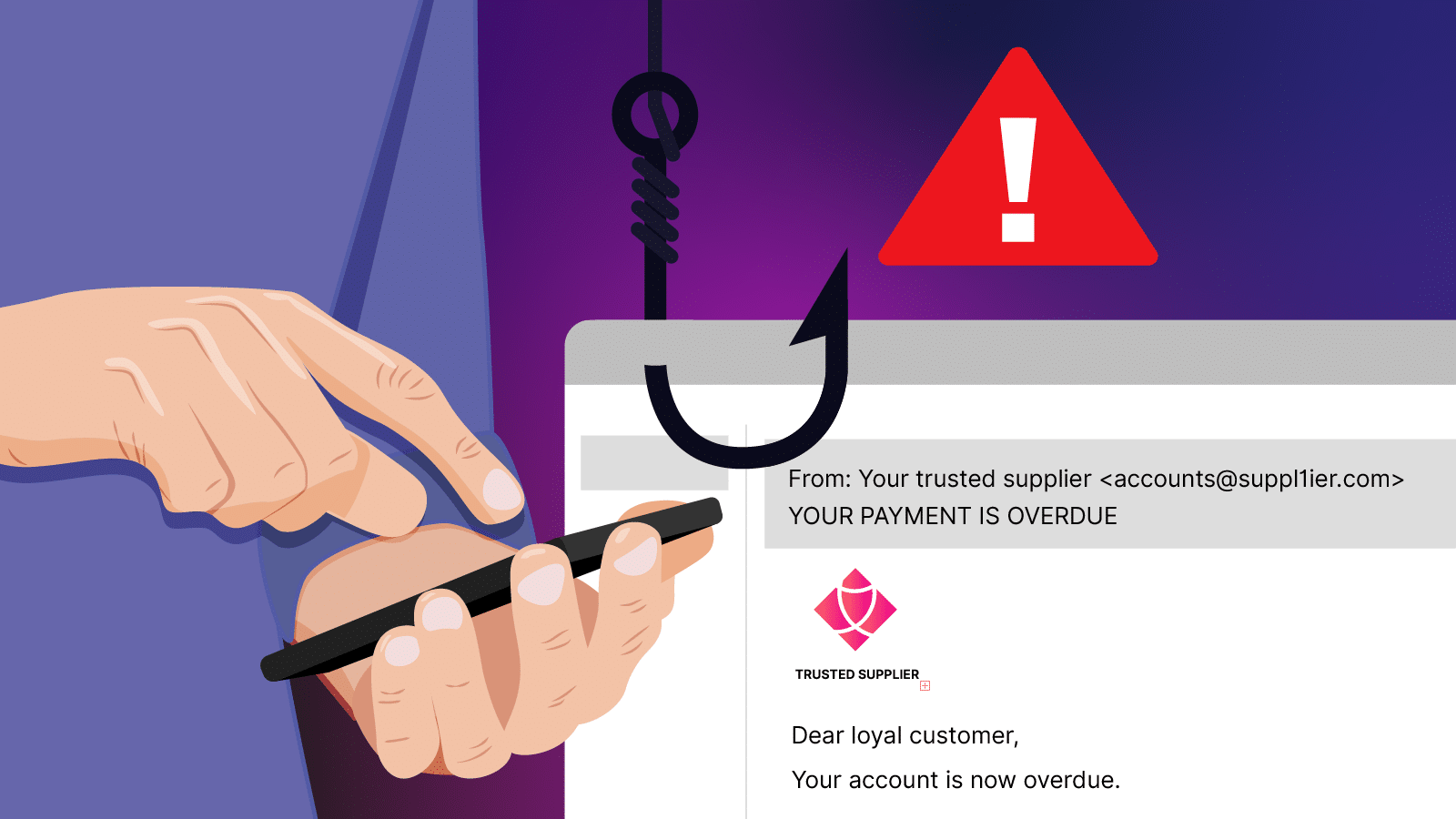As the festive season approaches, online shopping reaches its peak – and so does cyber crime. One increasingly common tactic used by scammers is search engine phishing, also known as search engine poisoning.
This sneaky strategy involves cyber criminals manipulating search engine rankings to place fake websites at the top of your search results. These counterfeit sites mimic legitimate ones, tricking users into sharing sensitive personal, payment, or login details.
Here's how it works
You search for a trusted retailer or service provider online, click on what seems like the official website, and unknowingly land on a spoofed page. These fake sites are meticulously designed to look genuine, making it easy for anyone to fall victim.
Recognising a spoofed website is key to staying safe. Look out for these red flags:

1. Suspicious pop-ups
If you see random ads or pop-ups that seem out of place, be cautious.
2. Device performance issues
If your device starts overheating, slowing down, or behaving oddly, it could signal malicious activity.
3. Strange URLs
Always check the web address. Spoofed sites often have slightly misspelled URLs or additional, unnecessary characters.
4. Spelling and grammar errors
Reputable businesses rarely publish content with obvious mistakes.
Make it a habit to double-check URLs before clicking on search results. Ensure the web address matches the official site and look for the padlock icon in the browser’s address bar, indicating a secure connection.
How to protect yourself
If you suspect you’ve entered your details on a spoofed site, take immediate action:
Change your passwords: Begin with accounts linked to the compromised information, and update others for added security.
Report the scam: Visit Scamwatch to report the incident and find further guidance on protecting your information.
During the “silly season,” cyber criminals prey on the rush and excitement of holiday shopping. Their goal is to catch you off guard. By staying vigilant and informed, you can avoid falling victim to these scams.
This holiday season, shop smart. Stay alert to online threats, safeguard your personal data, and ensure your festivities remain joyful and scam-free.
Download our Cyber Security Holiday Guide for more information on how to stay safe online this festive season.




































